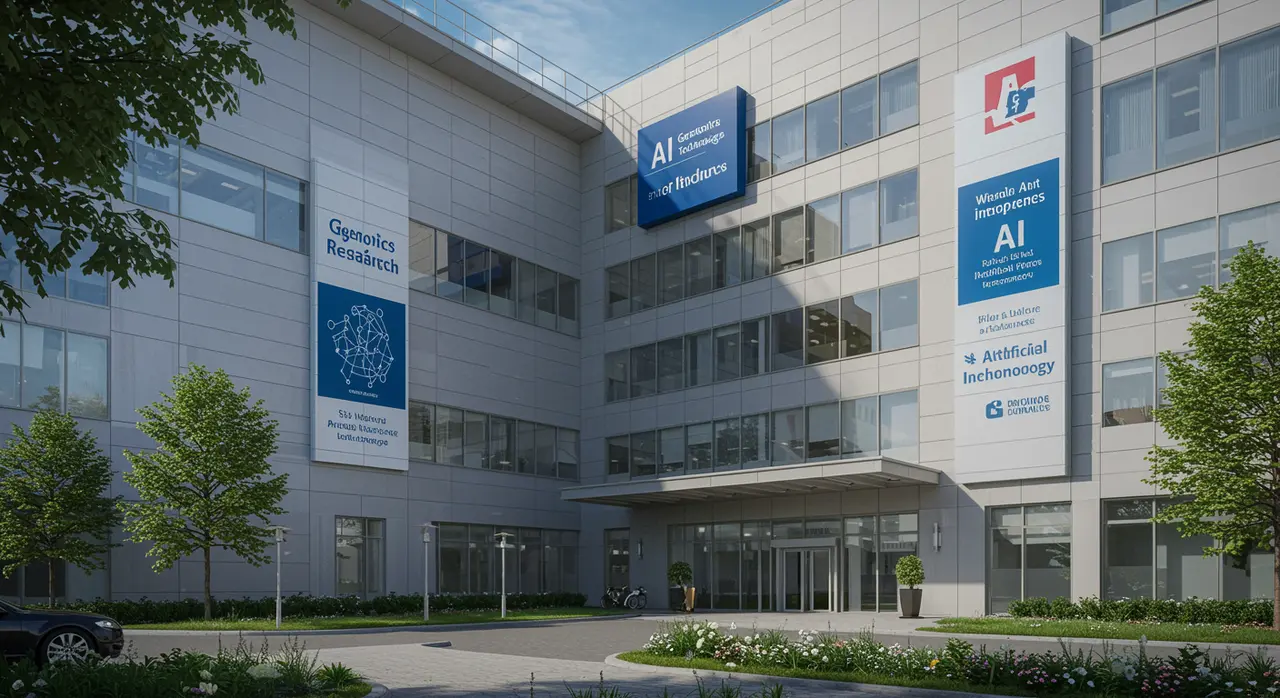The Rise of Precision Medicine: Revolutionizing Healthcare with AI and Genomics
38 views
Precision Medicine: The Dawn of a New Era in Tailored Healthcare
In the labyrinthine corridors of modern medicine, a quiet revolution is taking shape—a shift from the traditional one-size-fits-all approach to a model that places the individual at its core. Personalized medicine, or precision medicine as it is often called, is rewriting the rules of healthcare by tailoring treatments to the intricate tapestry of genetic profiles, environmental influences, and lifestyle choices unique to each patient. Fueled by groundbreaking advancements in genomics, artificial intelligence, and biomarker detection, this transformative approach promises not only more effective care but also a significant reduction in adverse side effects.
At the heart of this innovation lies the power of whole-genome sequencing, a technology that has evolved from a painstakingly slow and expensive process to a rapid, cost-effective tool capable of decoding the genetic blueprint of life. This leap forward has enabled scientists to identify genetic markers associated with diseases, paving the way for targeted therapies that address the root causes rather than merely alleviating symptoms. Biomarker detection, another cornerstone of personalized medicine, offers a window into the molecular signals that indicate the presence or progression of disease, allowing for earlier and more accurate diagnoses.

Yet, the true marvel of personalized medicine emerges when these genomic insights are paired with the analytical prowess of artificial intelligence. AI-powered predictive modeling has transformed how clinicians approach treatment plans, enabling them to forecast patient responses to specific therapies with remarkable accuracy. These models analyze vast datasets—encompassing genetic information, clinical records, and even lifestyle factors—to identify patterns that would elude even the most seasoned human experts. The result is a level of precision that was once the stuff of science fiction: treatments tailored not just to a disease but to the individual battling it.
The Role of Technology in Shaping Tomorrow’s Medicine
The integration of cutting-edge technologies has further propelled personalized medicine into the spotlight. Multi-omics platforms, which combine genomics, proteomics, metabolomics, and other biological data streams, provide a holistic view of a patient’s health. By synthesizing this complex web of information, clinicians can uncover insights that guide both diagnostics and treatment strategies. AI-driven data analytics amplify these efforts, automating the process of identifying meaningful correlations and enabling faster, more accurate decision-making.
Hospitals and research institutions are increasingly embracing these tools to refine treatment outcomes. For instance, automated clinical decision systems are now being used to track patient responses in real time, allowing healthcare providers to adjust therapies dynamically based on emerging data. This agility is particularly valuable in the realm of clinical trials, where genetic data and health records are leveraged to match patients with treatments that align with their unique profiles. By reducing the trial-and-error nature of traditional drug testing, this approach not only enhances safety but also accelerates the path to effective solutions.
The implications of these advancements extend beyond individual patients to the broader healthcare ecosystem. Streamlined clinical trials mean faster drug approvals, while improved diagnostics reduce the burden of misdiagnoses and unnecessary treatments. Moreover, the integration of AI and data analytics into hospital systems promises to optimize resource allocation, ensuring that care is both efficient and effective.
A Collaborative Vision for the Future
As personalized medicine continues to gain traction, its success hinges on collaboration across disciplines. Medical researchers, technology experts, and healthcare institutions are joining forces to tackle the complexities of tailoring treatments to individual needs. This synergy is evident in initiatives that combine next-generation sequencing with expanded biomarker analysis, enabling deeper insights into disease mechanisms. Smarter drug-genome strategies are also emerging, where pharmaceutical companies design therapies that interact with specific genetic variants, maximizing efficacy while minimizing risks.
Digital health tools represent another frontier in this collaborative effort. Wearable devices and mobile apps are being developed to monitor health metrics, detect risks early, and provide patients with actionable insights tailored to their conditions. These tools not only empower individuals to take a proactive role in their health but also generate valuable data that can inform future innovations in personalized care.
The promise of personalized medicine is not without its challenges. Ethical considerations surrounding genetic data privacy and equitable access to these advanced therapies remain pressing issues. The cost of implementing sophisticated technologies and training healthcare professionals to use them effectively also poses significant hurdles. However, the potential benefits far outweigh these obstacles, offering a vision of healthcare that prioritizes individual needs and delivers improved outcomes.
A New Paradigm of Hope
The rise of personalized medicine marks a profound shift in how we approach health and healing. By embracing the uniqueness of each patient, this model offers a path to care that is not only more effective but also deeply humane. It challenges the notion that medicine must be standardized, instead celebrating the diversity of human biology and experience.
As we look to the future, the possibilities seem boundless. Imagine a world where diseases are caught before they manifest, where treatments are tailored with surgical precision, and where patients no longer fear the side effects of medications. This is the promise of personalized medicine—a promise that, with continued innovation and collaboration, is becoming a reality.
In this new era, healthcare is no longer a battle fought with blunt instruments but a symphony of precision and care, orchestrated to meet the needs of each individual. It is a vision that inspires hope, not just for those battling illness but for all of humanity, as we stand on the brink of a medical revolution that could redefine what it means to heal.